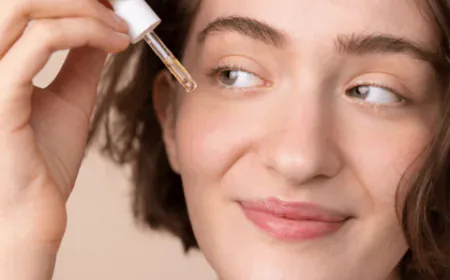Know which app will prove to be helpful for pregnant women, will help prevent depression
Mobile app can be helpful for the health protection of pregnant women. According to a new research report, mobile app can help in predicting whether a woman is likely to have depression in the later stages of pregnancy. The model developed by the researchers was found to be up to 93 percent accurate. The researchers developed six machine-learning models using all the data.

Mobile app can be helpful for the health protection of pregnant women. According to a research report, mobile app can help in predicting whether a woman is likely to have depression after pregnancy.
For this, the model developed by the researchers was found to be up to 93 percent accurate.
The researchers identified various risk factors, including sleep quality and food insecurity, in developing depression by asking women to answer surveys during the first trimester of pregnancy. For this, the research team analyzed the answers of 944 pregnant women.
These ladies used the app as part of a broader study and had no prior history of depression.
During the first trimester of pregnancy, women were asked questions about their demographics, medical history, and feelings of stress and unhappiness. Some also answered optional questions about societal issues influencing their health, such as food insecurity. Every woman was assessed for depression once every trimester.
Using the entire data set, the researchers created six machine-learning models. The greatest was discovered to be 89% accurate in predicting depression in a pregnant woman. Machine learning algorithms are a type of artificial intelligence (AI) that uses past data to make predictions.
When the researchers included answers to optional questions on social factors related to health, the accuracy of the models increased to 93 percent. The researchers are now developing ways to integrate these survey questions into the clinic setting, and identifying how clinicians can communicate these with patients about depression risk.


































































































































